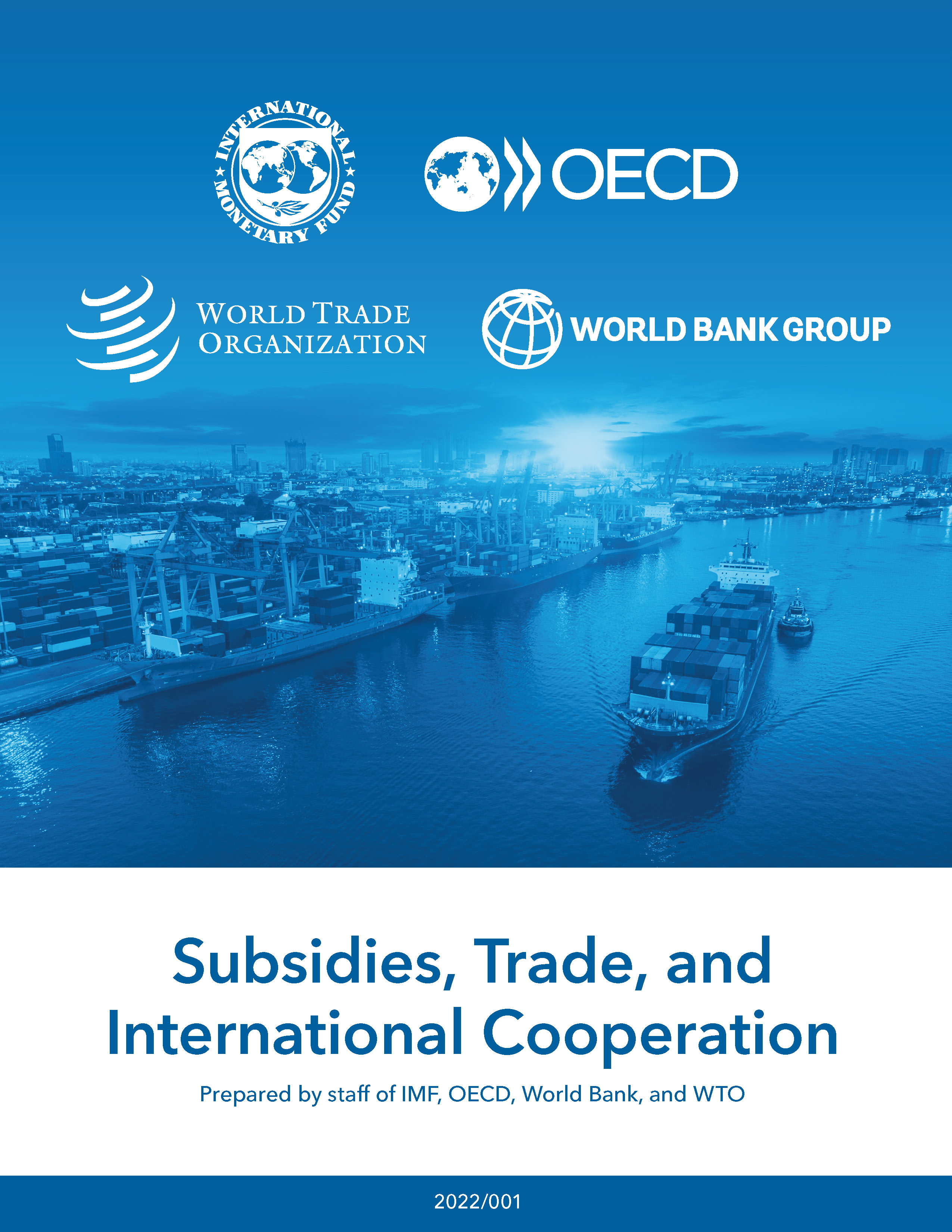Introduction

- By: World Trade Organization
- Source: Subsidies, Trade, and International Cooperation , pp 11-12
- Publication Date: March 2023
- DOI: https://doi.org/10.30875/9789287072306c003
- Language: English
Governments need to cooperate more on subsidies. This is for several reasons. Extensive subsidies influence production and trade. Important new issues have arisen, including the role of subsidies in addressing climate change, in global value chains, in the digital transformation, and in economic and health emergencies. New forms of government support have gained importance. Despite much effort, subsidy practices often remain opaque. Disagreements over subsidies are a major source of tension in some key bilateral relationships, and existing multilateral subsidy disciplines are criticized in some quarters as being of limited effectiveness; calls to reform them have been voiced. Unilateral policy responses have not deterred foreign subsidy practices and, while providing relief to some domestic industries, they may disadvantage other domestic industries that compete internationally. While these issues may seem ripe for multilateral solutions, ironically, sharp differences over subsidy practices contribute to broader trade tensions that can have significant macroeconomic costs. They are also a key factor impeding discussions on these and other potential areas of trade reform.
-
From This Site
/content/books/9789287072306c003dcterms_subject,pub_countryId-contentType:WorkingPaperSeries -contentType:Periodical -contentType:BookSeries -contentType:ReportSeries105


